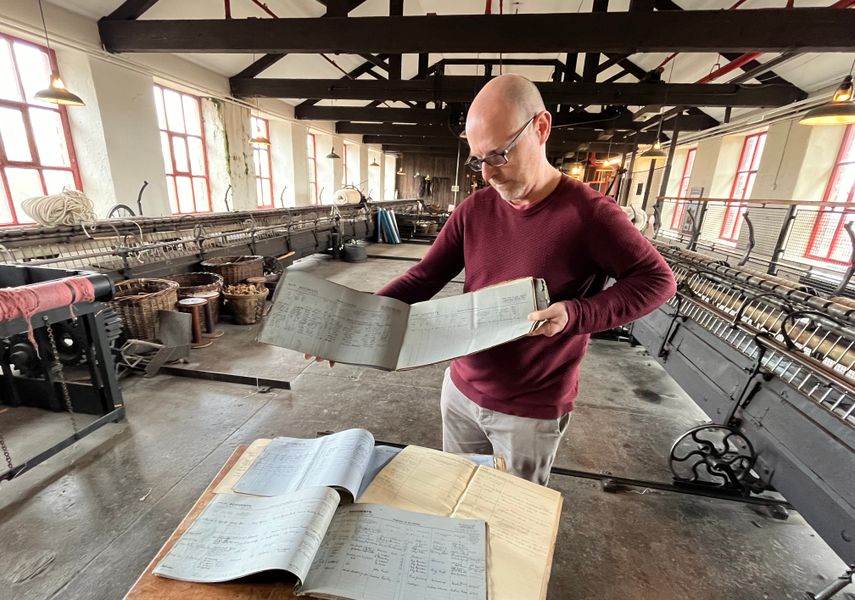
Environmental Sustainability Policy
We recognise that for Leeds to become the ‘Best City’ we must consider the environment in everything that we do. This Environment Policy aims to guide our people to do their best to protect the environment and deliver high quality, value for money, public services and places.
We will:
- Reduce the use of energy and carbon dioxide emissions directly linked to our activities.
- Reduce our reliance on fossil fuels and increase the proportion of energy coming from low and zero carbon technologies.
- Reduce waste to landfill by improving recycling rates for the council and Leeds.
- Reduce the environmental impact of transport and travel and promote sustainable alternatives.
- Reduce the use of material resources and improve environmental quality where possible.
- Improve the environmental quality of our buildings and those within the city.
- Improve the environmental quality of our land and landscapes across the city.
- Protect, enhance and increase biodiversity where possible.
- Encourage our schools to be more sustainable.
- Protect the elderly and vulnerable against fuel poverty.
- Comply with all relevant environmental legislation and other initiatives.
- Prevent pollution to air, water and land by regulating and monitoring.
The environmental performance of Leeds City Council is publicly available and updated on an annual basis in its Environmental Statement, available on democracy.leeds.gov.uk.
Leeds Museums & Galleries response to the Leeds City Council Environmental Policy
As a service we are responding to these policy challenges through initiatives both at service level and at different sites through see site development plans.
- We recognise our particular responsibility as a service to ensure that the environmental sustainability and biodiversity messages in our displays and exhibitions are accurate and can have a significant impact on our visitor’s attitudes and behaviour.
Example:
We have several visitor sites with a strong environmental message including Life on Earth at Leeds City Museum where developments have focused on improving the biodiversity of the natural environment and improving interpretation for visitors. - We also recognise the importance of taking an environmentally sustainable approach in our collections care and conservation work.
Example:
We are using recycled materials, and reusing materials in collections care packing and conservation work as much as possible. We are also looking at energy consumption and our environmental control issues especially at Leeds Discovery Centre. - As a consumer of materials we are conscious of our responsibility to reduce, reuse or recycle as much as possible.
Example:
Our use of recycled paper and sustainable timber. We use fossil fuels directly in our steaming days at Thwaite Watermill and Leeds Industrial Museum, but these are focused events and where possible we use waste wood as one of our fuel sources. We are putting an increased emphasis on e-communications as a means of reaching our audiences rather than through increased print. - We encourage sustainable travel options to our sites.
Example:
Providing cycle racks at all our sites and public transport information (where available). Staff cannot park at our city centre sites and travel use is restricted. - We are actively examining ways to reduce our energy consumption.
Example:
Energy use at key sites is monitored and reported on monthly.

Leeds Museums and Galleries Policies
Read our policies across our venues, collections and practices.
